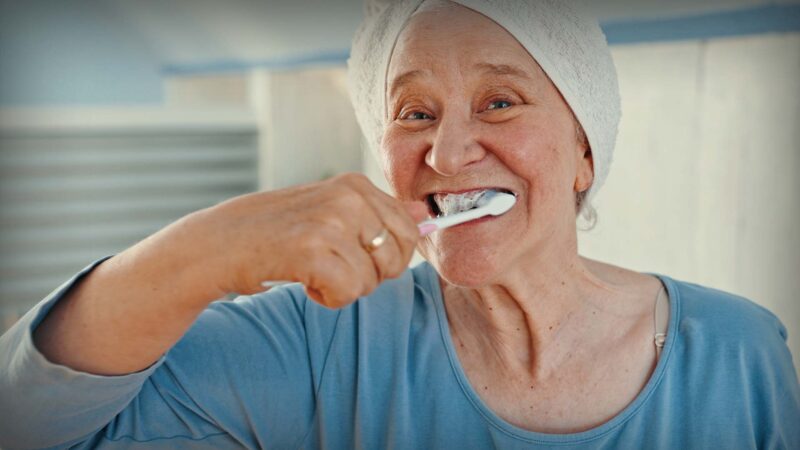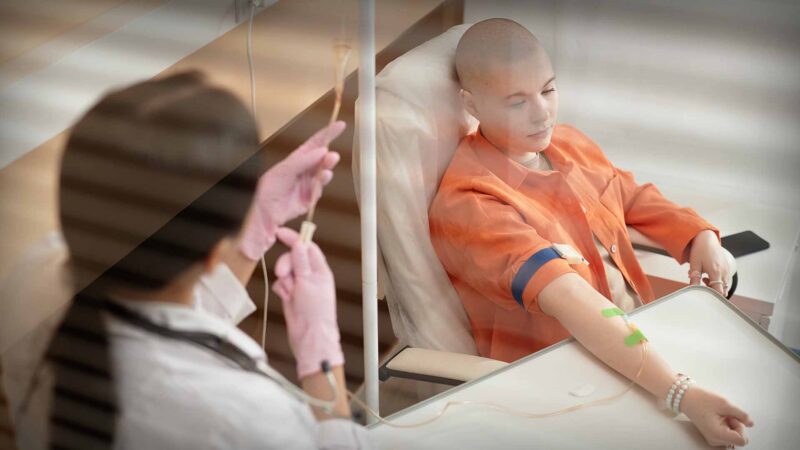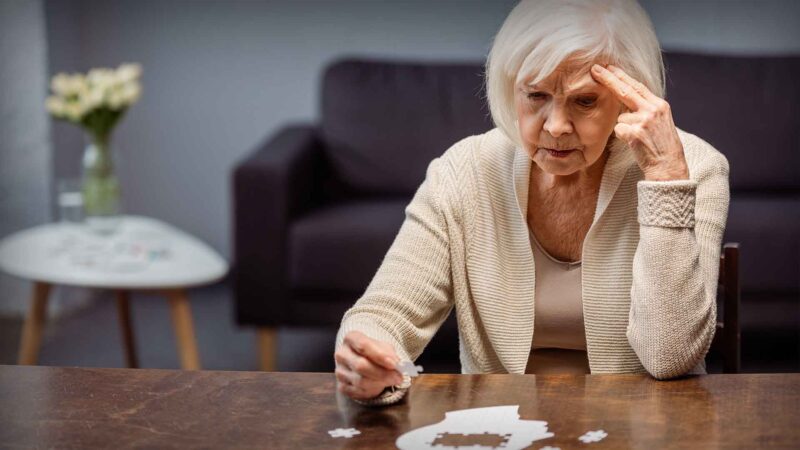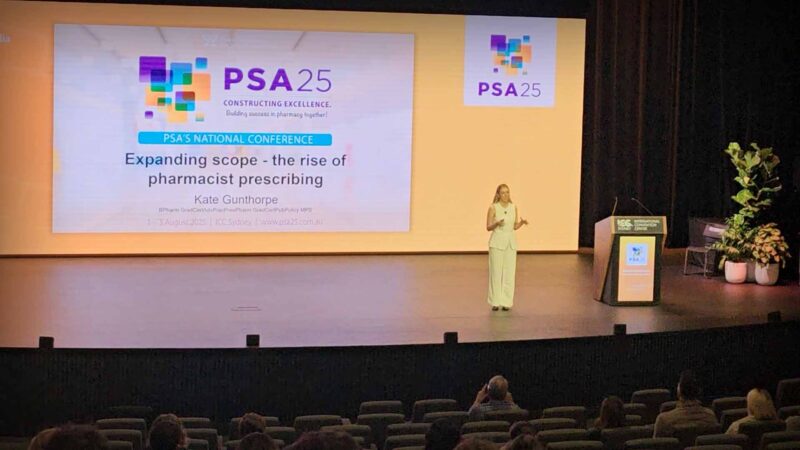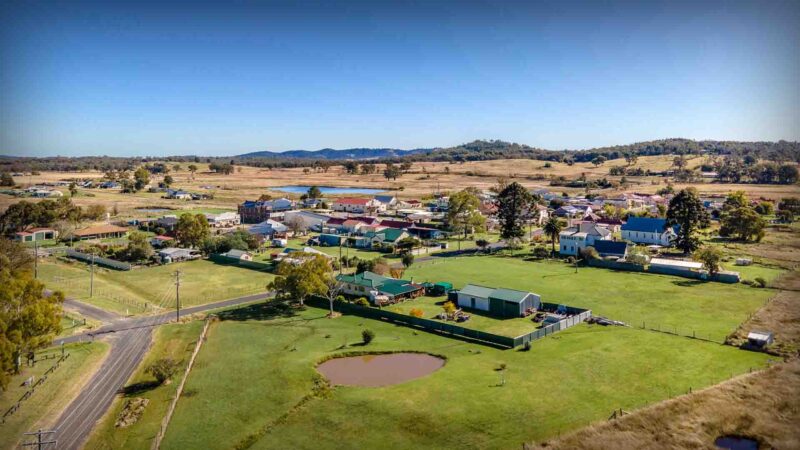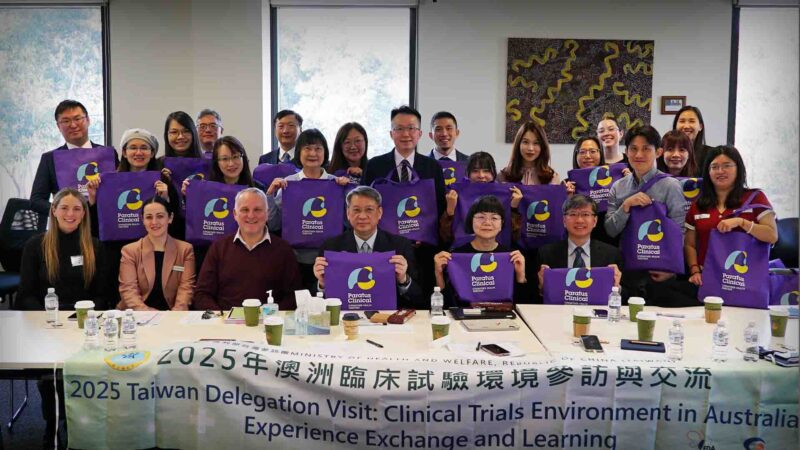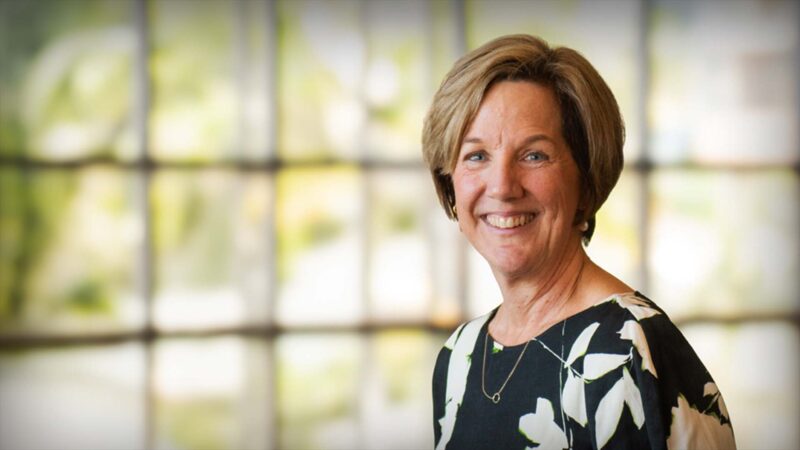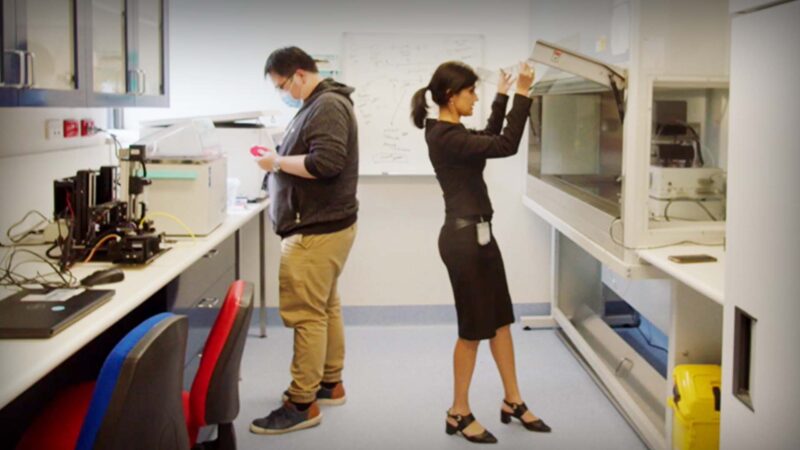Getting the conversation going on the connection between oral health and chronic conditions
Dr. Carol Tran is an Oral Health Therapist and co-founder of Oral Health Home, an organisation focused on innovative, prevention-oriented oral health education and outreach. She is a Past President of Dental Hygienists Association of Australia (DHAA) and currently is the Scientific Program Chair, for upcoming congress in October 2025, for the newly formed Oral Health Association of Australia (OHAA).

